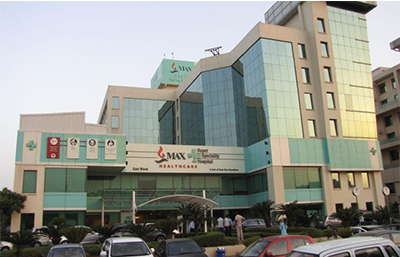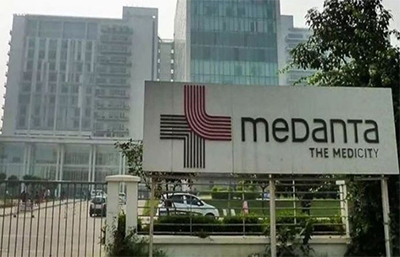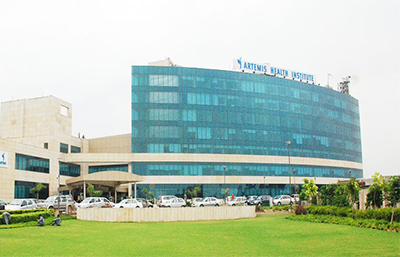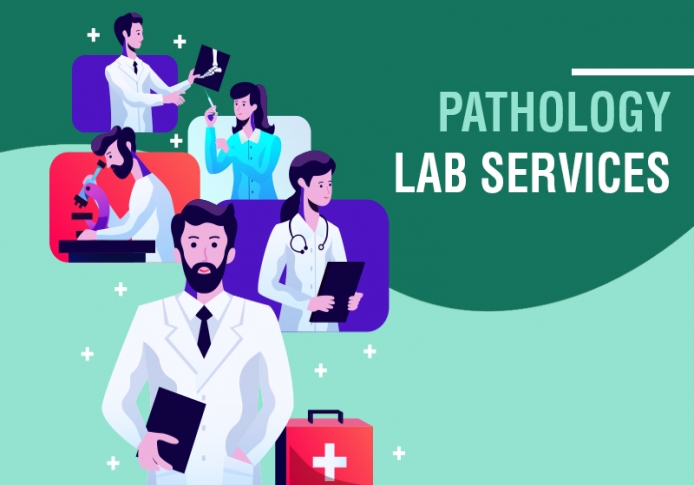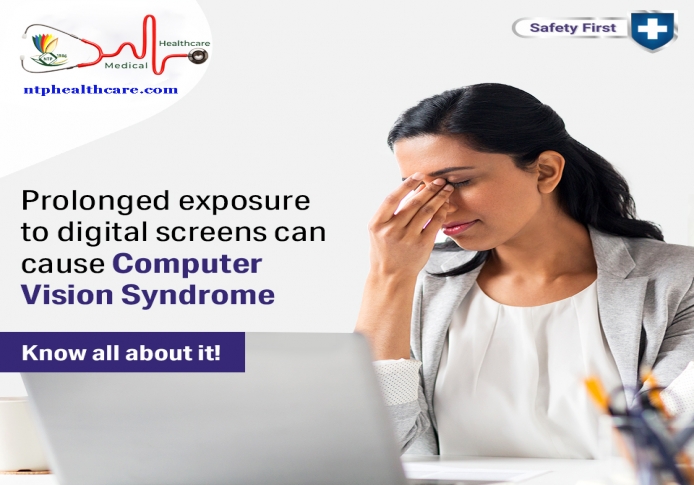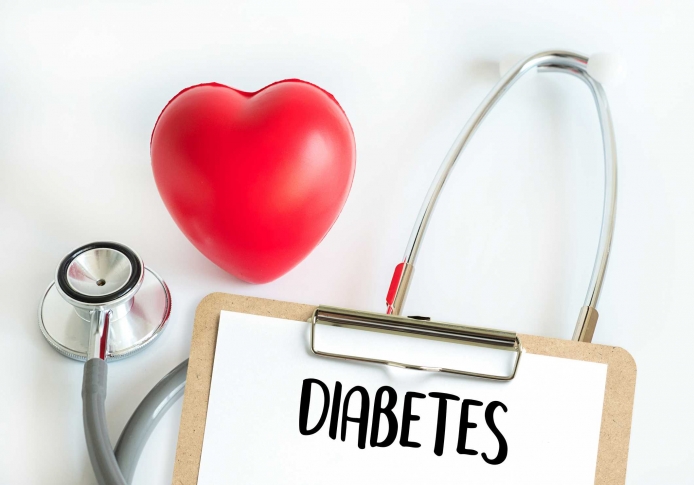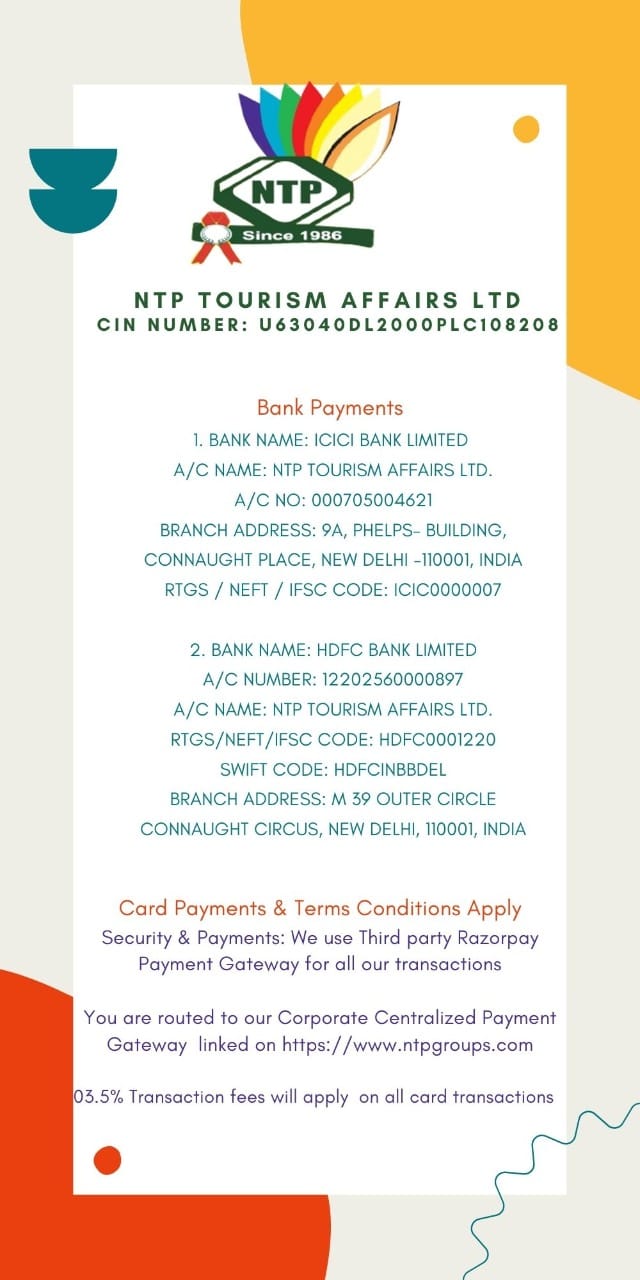COVID-19 Vaccination FAQ Part - 1
Immediately as the national drug regulator gave approval for two vaccine candidates, Covaxin, developed by Bharat Biotech, and Covishield, a version of the Oxford-AstraZeneca’s vaccine manufactured under license by Serum Institute of India, our country took the final step to begin vaccinating priority groups against the novel coronavirus prevalent in our country.
Please find the most frequently asked questions around COVID19 Vaccination:
Available vaccines in India and their doses
Covishield (Oxford/Astrazenica)
· No. of Doses: 2
· Min. Age: 18
· Gap Between Doses: 6 weeks
Covaxin (Bharat Biotech)
· No. of Doses: 2
· Min. Age: 18 (revised as per order from CDSCO)
· Gap Between Doses: 6weeks
Now we have other vaccines also from the overseas locations
Multiple COVID-19 vaccines that are available in the market, including the Covishield, Covaxin, and Sputnik V vaccines that have been approved for usage in India, currently consist of two doses.
Any vaccine manufacturer whose Covid-19 vaccine has received approval for restricted use by the foreign national regulators USFDA, EMA, UK MHRA or PMDA Japan, or which are listed in WHO (Emergency Use Listing), can come directly to India and get emergency approval for the vaccine. It fast-tracks the process for approval.
US pharma giant Johnson & Johnson, the only manufacturer with a single-dose Covid-19 vaccine, has communicated to the Indian regulator that it will soon begin bridging clinical trials in the country. With Tuesday’s decisions, it can directly use this route to introduce its product in India.
The J&J vaccine has run into a hurdle in the US, where the regulator has temporarily paused its use following reports or blood clots. This does not affect the company’s application to India, as it received approvals from the WHO on March 12.
The new move may also see Pfizer reapply for emergency use authorisation for its mRNA Covid-19 vaccine, which it had earlier withdrawn after the regulator sought more data. India could also see the US-based Moderna entering the market.
The move opens up a door for Serum Institute to seek speedier approval for Covovax, its version of the Covid vaccine developed by Novavax. The American vaccine maker had said in March that it could file for authorisation for this vaccine in the UK, and for EUA nod in the US, by the early second quarter of 2021.
Currently, the decision is only with respect to approvals for foreign vaccine manufacturers. No decision has been taken by the Centre on if, or when, vaccines will be made available to the private market. The outcome of that decision will largely depend on how many foreign vaccine manufactures are willing to seek approvals to commercially market their products in India.
One should also remember that most of the promising candidates, including Pfizer, Moderna and Johnson & Johnson, have made advance commercial commitments to supply millions of doses to other countries.
Market acceptance of the Vaccination?India has vaccinated 1.7 per cent of its population with both doses so far. "By the end of May 2021, total cases plus people vaccinated with both doses will cross 9 per cent of the population for overall India (as on 30th April 2021)
How to Encourage Employees To Get The COVID-19 Vaccine?
By any meansan employers can’t force staff to have the vaccine, they can certainly encourage them. This could be through providing reliable information about the vaccine, so they’re able to make an informed choice – and even to allow paid time off for vaccination appointments and/or for the symptoms developed after vaccination or by arranging sponsored vaccination campaigns for employees.
This can be done at there office, where NTP Healthcare in coordination with the service providers & the corporate is arranging a campaign drive of vaccination program.
We preplan all and go to the Corporate office for the Vaccination program.
Vaccination for The General Public Start?
After health care workers, Vaccination is going to be rolled for the next group of vulnerable population, i.e above 18yrs age group (started on 28th April 2021) and soon after that, it would be open for the rest of the population as per the union health secretary.
Focusing on the benefits of getting the Covid-19 Vaccine?
èThe COVID-19 vaccine can keep you from contracting the disease by creating an antibody response in your body without you having to become infected with the novel coronavirus.
èVaccination if done appropriately (02 injection doses) will prevent you from becoming seriously ill or from developing serious complications.
èGetting vaccinated and strictly following to the COVID-19 safety guidelines, including wearing a mask, washing hands frequently, and social distancing, will offer the best protection from the dreaded virus.
Duration of Vaccination and Immunity - people have this immunity/How long is the vaccine effective?
Protective levels of antibodies are generally developed two to four weeks after receiving the 2nd dose of the COVID-19 vaccine. The duration for which immunity lasts is still an unanswered question, which will be addressed as time passes.
All COVID-19 vaccines have only been around for a very short amount of time. Because of this, it’s not known exactly how long immunity lasts after being vaccinated. This is true for both one-dose and two-dose vaccines.
Going forward, scientists will continue to study the different COVID-19 vaccines and how long their immunity lasts.
Even though we don’t know how long protection from COVID-19 vaccines lasts, it’s still very important to receive your vaccination when it’s available to you.
This is because getting vaccinated can prevent you from getting COVID-19. Even if you do get the disease, you’ll have a much lower risk for developing a serious or life threatening illness.
What are the common symptoms experienced after the vaccine?
Tenderness, pain, warmth, redness, itching, swelling or bruising where the injection is given, Feeling tired (fatigue,)Chills or feeling feverish, Headache, Feeling sick (nausea), Joint pain or muscle ache, Fever, Flu-like symptoms, such as high temperature, sore throat, runny nose, cough, and chills.
Any symptoms after the vaccination, what kind of measures can be taken?
People who develop symptoms like fever, muscle pains can take paracetamol tablets and rest until the symptoms subside. If symptoms are severe, consult a doctor so that further guidance can be given.
Who should and should not take a vaccine?
Who can take
· All individuals who are above 18 years of age
· People with chronic medical conditions like Diabetes, Hypertension, heart disease, lung, neurological or kidney diseases, HIV, or other chronic conditions.
· People who had previous COVID -19 infection.
· People on blood thinners (only after consultation with a doctor)
Who cannot take
· Pregnant and breastfeeding women.
· People who are acutely ill.
· People who recently had plasma therapy for COVID infection.
· Just got discharged from the hospital due to severe illness.
· People with active COVID 19 infection (Vaccination can be given at a later date to some of these groups, about 4 to 8 weeks later)
· People who developed serious adverse reactions as confirmed by a doctor, to the first dose of the vaccine- These people should not proceed for the second dose.
Do people who already had COVID-19 in the past, need to take a vaccine?
Due to the severe health risks associated with COVID-19 and the fact that re-infection with COVID-19 is possible, people should take vaccines regardless of whether they already had COVID-19 infection.
** Yes but doctors are prescribing 10 days GAP .
What if someone doesn't want to take the vaccine? What are the implications for them?
Vaccination for COVID-19 is voluntary. However, it is advisable to receive the complete schedule of the COVID-19 vaccine for protecting oneself against this disease and also to limit the spread of this disease to close contacts including family members, friends, relatives, and co-workers.
Is the vaccine safe for people above 65 years of age, people who have Asthma, high BP, diabetes, etc?
Yes. People with one or more of these comorbid conditions are considered a high-risk category. They need to get COVID -19 vaccination.
What special precautions do you need to take before getting vaccinated?
- There is no official guidance if there is any need for special steps to be followed before one's turn comes up. Please answer the questions that are asked before the vaccination so that if there is any reason you should not get a vaccine, like being pregnant or breastfeeding, the vaccine will be avoided.
- As basic measures, experts feel that people shouldn't indulge in activities that could harm their health, or put themselves at risk a day or two before their turn for vaccination. Avoiding stress, and any activities which could impair a person's immunity is not advised. Be aware and well-rested before your turn comes up.
What is the surety that a person who took a vaccine will not contract COVID-19?
Actually there are likely, an individual who's been vaccinated can contract coronavirus. They're more likely to be asymptomatic.
Do's and Don'ts to be followed post-vaccination
Take it easy for a couple of days. Avoid heavy physical exertion or extreme stress. If you have any chronic medical conditions, take your regular medications as you were taking before.
What are the expected vaccine cost and date of availability?
- Covishield manufactured by the Serum Institute of India will be given at Rs 400 per dose to states and Rs 600 per dose to private hospitals, while Bharat Biotech's Covaxin will cost Rs 600 per dose for the states and Rs 1,200 per dose for private hospitals.
·- Cost variables are yet to be decided.
• In an effort to ramp up India's immunisation campaign, more than 20 states, so far, have announced that they will provide free Covid-19 vaccines to their people. While some have made the coronavirus vaccine free for all, others have said that it will be free for people between the age of 18 to 45 only.
• Many states, including Delhi, Maharashtra, Karnataka, Haryana, Odisha, Jharkhand and West Bengal and others, have decided to provide free vaccines to the people in their respective states.
How Companies can contribute to the vaccination of their employees?
· Develop vaccination education campaigns.
· Make obtaining the vaccine as easy as possible for employees.
· Cover any costs that might be associated with getting the vaccine.
· Provide incentives to employees who get vaccinated.
· Provide paid time off for employees to get the vaccine and recover from any potential side effects.
· GET them vaccinated by organizing a COVID Vaccination program with NTP Healthcare for them
Does the vaccine need to be given in a healthcare setting only or can the employers plan the drive at office premises too?
As we vaccinate more people, with no major immediate adverse events, the Govt is likely to pass an advisory for vaccination outside of health facilities. Once this is done, we can plan vaccination drives at the office premises.
In any case if anyone from the office is not willing to take the vaccine so early, then how safe is it to allow him/her to come to the office?
Some people may refuse to take the vaccine. These employees can be given some more time to work from home if they are vulnerable to serious infection until the COVID cases go down further in your area. These employees would be people above 50 years, who have chronic medical conditions, an employee whose spouse is pregnant, who has elderly parents or infants at home.
** HR need to take a call and insist on protection for the team member and accompanying coworkers.
By any chance CSR funds be used for vaccination for employees?
As of now, GOI has not allowed CSR funds to be used for the vaccination of employees, but it is still under consideration.
If the vaccination is provided by the employer and employees get any side effects, is the employer responsible to treat the employee?
No. Neither NTP Healthcare nor the corporate is liable to treat the employee as every employee will have to sign a release of liability. However, with the best interests of the employees at heart, NTP Healthcare will take utmost care and effort to ensure the right treatment is made available to the employees.
How can we leverage the procurement of vaccines for our employees at the earliest? What are the registration formalities?
NTP Healthcare is working with the entire gamut of Healthcare Facilitators (doctor, hospital, regional government offices, paramedical and technical staff) to ensure the earliest availability of the vaccinations. Please reach out to our team and we will guide you.
Are there any private Labs or nursing homes or agencies that can provide vaccination to Corporate employees?
Yes NTP Healthcare is organizing COVID Vaccination drive program in coordination with the Facilitators like doctor, paramedical staff and take a step forward towards fighting COVID19 at your workplace!
Check Part 2 of the FAQ Series for More Answers to Your Questions


